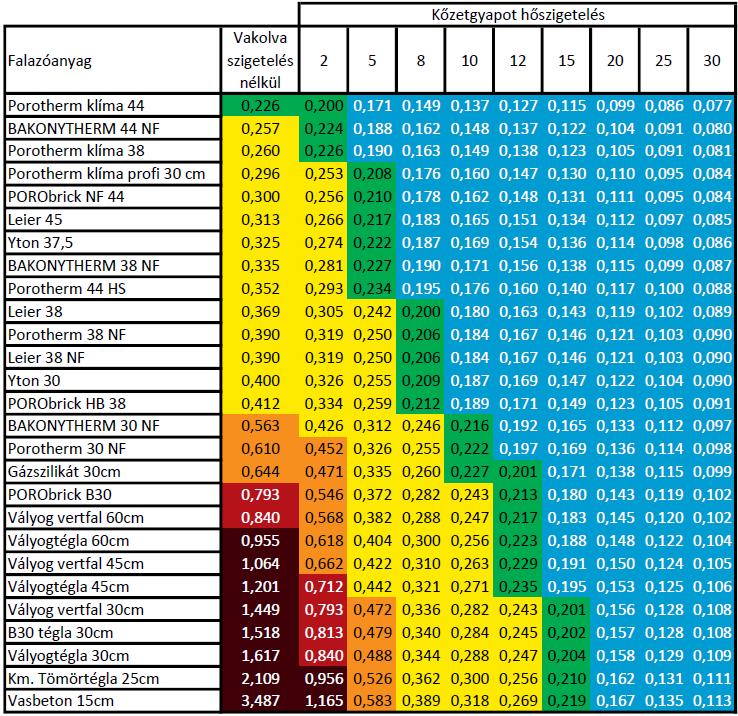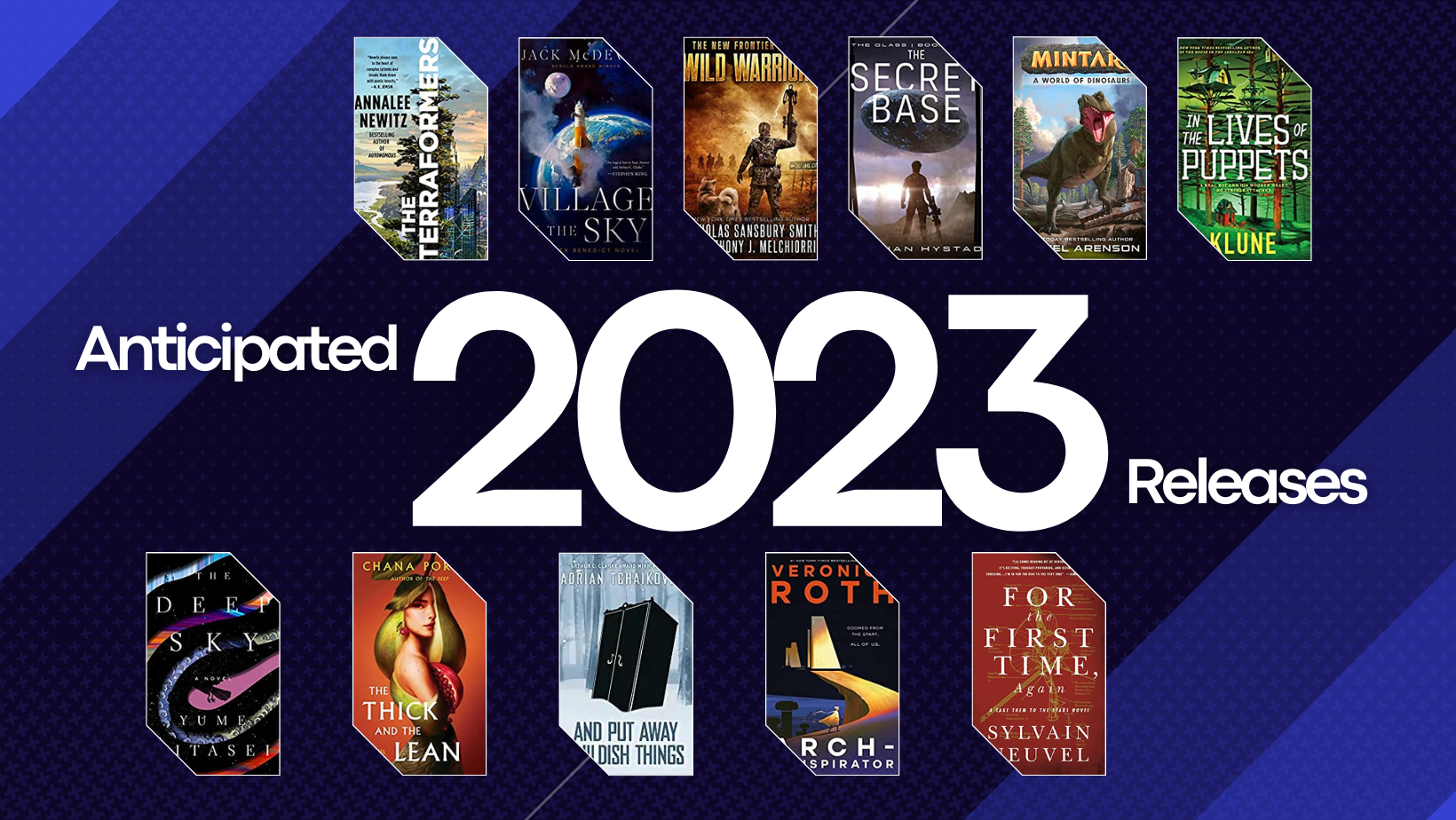FTC's Appeal Against Microsoft-Activision Merger: A Deep Dive

Table of Contents
The FTC's Case Against the Merger
The Federal Trade Commission (FTC) argues that the Microsoft-Activision merger would significantly reduce competition in the video game market, leading to a less innovative and potentially more expensive gaming landscape for consumers.
Concerns Regarding Competition
The FTC's primary concern centers on the potential for Microsoft to leverage its ownership of Activision Blizzard to stifle competition. This fear is rooted in the immense popularity and market dominance of Activision Blizzard's franchises, particularly Call of Duty.
- Call of Duty's Dominance: Call of Duty is one of the best-selling video game franchises globally, boasting a massive and dedicated player base across multiple platforms. The FTC worries that Microsoft could make future Call of Duty titles exclusive to Xbox, significantly harming competitors like Sony's PlayStation and Nintendo Switch.
- Cloud Gaming Concerns: The FTC also expresses concerns about the impact on the burgeoning cloud gaming market. Microsoft's Game Pass subscription service, coupled with exclusive Activision Blizzard titles, could create an insurmountable barrier to entry for other cloud gaming providers.
- Market Concentration Analysis: The FTC's analysis likely demonstrates a significant increase in market concentration resulting from the merger, potentially creating a monopoly or oligopoly in key sectors of the gaming industry.
Antitrust Concerns and Legal Precedents
The FTC's case relies on established antitrust laws, aiming to prevent mergers that substantially lessen competition. Key legal frameworks include:
- The Clayton Act: This act prohibits mergers and acquisitions that may substantially lessen competition or tend to create a monopoly.
- The Sherman Act: This act prohibits contracts, combinations, and conspiracies in restraint of trade, including anti-competitive mergers.
- Legal Precedents: The FTC will likely cite previous antitrust cases involving mergers in the tech industry to bolster its argument and demonstrate the precedent for blocking anti-competitive mergers. The burden of proof lies with the FTC to demonstrate that the merger would substantially lessen competition.
Impact on Game Developers and Consumers
The FTC argues that the merger could negatively impact both independent game developers and consumers:
- Reduced Innovation: Less competition can lead to reduced innovation as Microsoft might have less incentive to innovate if it faces little competitive pressure.
- Price Increases: A lack of competition could result in higher prices for games and gaming subscriptions.
- Limited Consumer Choice: Exclusivity deals for key franchises could severely limit consumer choice and access to popular games. The FTC emphasizes the potential for consumers to lose access to titles if Microsoft chooses to make them Xbox exclusives.
Microsoft's Defense and Counterarguments
Microsoft counters the FTC's accusations with arguments emphasizing its commitment to fair competition and the potential benefits of the merger.
Arguments for Maintaining Competition
Microsoft has made several public commitments to ensure fair competition, attempting to alleviate the FTC's concerns:
- Call of Duty on PlayStation: Microsoft has pledged to keep Call of Duty available on PlayStation for the foreseeable future, a crucial counterpoint to the FTC's exclusivity concerns.
- Market Dynamics Argument: Microsoft argues that the gaming market is dynamic and competitive, with numerous players and platforms, mitigating the risk of monopolies.
- Innovation Argument: Microsoft contends that the merger will foster innovation by combining Activision Blizzard’s creative expertise with Microsoft’s technological capabilities.
Benefits of the Merger for Consumers and Innovation
Microsoft highlights potential benefits for consumers and the broader gaming ecosystem:
- Technological Advancements: Microsoft suggests that integrating Activision Blizzard’s expertise into its game development ecosystem will lead to advancements in gaming technology and experiences.
- Broader Game Access: Microsoft argues that Game Pass, with the addition of Activision Blizzard titles, would offer consumers broader access to a wider range of games at a competitive price.
- Enhanced Game Development: Microsoft emphasizes that the merger will improve the development process, leading to better quality games and potentially faster release cycles.
Counterarguments to FTC's Concerns
Microsoft directly addresses the FTC's concerns:
- Rebuttal of Market Dominance Claims: Microsoft argues that the market is far more fragmented than the FTC suggests, with many competitive players and diverse gaming platforms.
- Addressing Exclusivity Concerns: Microsoft continues to reiterate its commitment to keeping major franchises like Call of Duty multi-platform.
- Dispelling Claims of Anti-Competitive Behavior: Microsoft emphasizes its intention to operate fairly and competitively within the gaming market after the merger.
The Appeal Process and Potential Outcomes
The FTC's appeal will follow a complex legal process with several potential outcomes.
Legal Procedures and Timeline
The appeal process will involve multiple stages, including:
- Court Hearings and Evidence Presentation: Both sides will present evidence and legal arguments before the relevant court.
- Legal Briefs and Motions: Both parties will file extensive legal briefs and motions addressing various aspects of the case.
- Judicial Review and Decision: The court will review all evidence and arguments before issuing a final decision. The entire process could span several months or even years.
Possible Scenarios and Implications
Several scenarios could unfold:
- FTC Victory: If the FTC prevails, the merger would be blocked, significantly impacting Microsoft's growth strategy and the gaming landscape.
- Microsoft Victory: A win for Microsoft would allow the merger to proceed, potentially reshaping the gaming industry's competitive dynamics.
- Negotiated Settlement: Both parties could reach a negotiated settlement involving concessions from Microsoft to address the FTC's concerns. This might involve commitments to maintain certain games on competing platforms or other regulatory measures.
Each outcome would have significant implications, setting precedents for future mergers in the tech industry and reshaping the competitive landscape of the gaming market.
Conclusion
The FTC's appeal against the Microsoft-Activision merger represents a pivotal moment for the gaming industry and antitrust regulation. The battle centers on the FTC's concerns about reduced competition, particularly concerning the potential for Microsoft to leverage Activision Blizzard's popular franchises to gain an unfair advantage. Microsoft, in turn, emphasizes the potential benefits for consumers and the industry, highlighting its commitment to maintaining fair competition. The appeal process will likely be lengthy and complex, with significant implications for the future of the gaming industry. Stay informed about developments in the FTC's appeal against the Microsoft-Activision merger and its implications for the future of the gaming industry. Understanding the nuances of this case is crucial for anyone following the evolving landscape of the gaming market and antitrust law. Keep an eye out for further updates on the Microsoft-Activision merger appeal and its lasting consequences.

Featured Posts
-
 Will History Repeat Itself Comparing Spring 1968s Drought Conditions To Spring 2024
May 28, 2025
Will History Repeat Itself Comparing Spring 1968s Drought Conditions To Spring 2024
May 28, 2025 -
 Find No Credit Check Loans With Guaranteed Approval Direct Lender
May 28, 2025
Find No Credit Check Loans With Guaranteed Approval Direct Lender
May 28, 2025 -
 Western Massachusetts How Climate Change Affects Rainfall
May 28, 2025
Western Massachusetts How Climate Change Affects Rainfall
May 28, 2025 -
 Alfoeldi Talajnedvesseg Kritikus Tenyezo A Noevenytermesztesben
May 28, 2025
Alfoeldi Talajnedvesseg Kritikus Tenyezo A Noevenytermesztesben
May 28, 2025 -
 2025 American Music Awards A Preview Of The Event
May 28, 2025
2025 American Music Awards A Preview Of The Event
May 28, 2025
Latest Posts
-
 Arcanes Caitlyn And Vi Whats Next For The Popular Couple
May 29, 2025
Arcanes Caitlyn And Vi Whats Next For The Popular Couple
May 29, 2025 -
 Arcanos Menores Del Tarot Interpretacion Y Significado
May 29, 2025
Arcanos Menores Del Tarot Interpretacion Y Significado
May 29, 2025 -
 Stranger Things 5 2025 Premiere Date Cast Updates And Final Season Hints
May 29, 2025
Stranger Things 5 2025 Premiere Date Cast Updates And Final Season Hints
May 29, 2025 -
 Los Arcanos Menores Del Tarot Una Guia Completa
May 29, 2025
Los Arcanos Menores Del Tarot Una Guia Completa
May 29, 2025 -
 Parallel Dystopian Sci Fi Releases A Stranger Things Connection
May 29, 2025
Parallel Dystopian Sci Fi Releases A Stranger Things Connection
May 29, 2025
